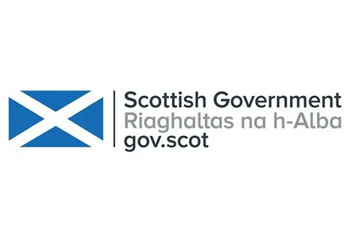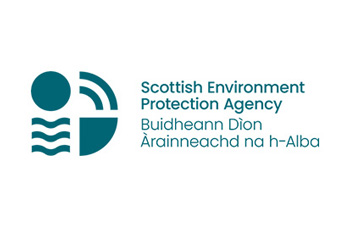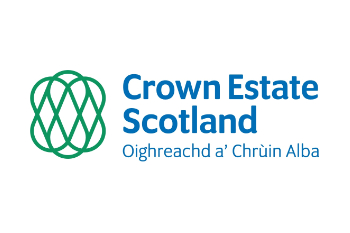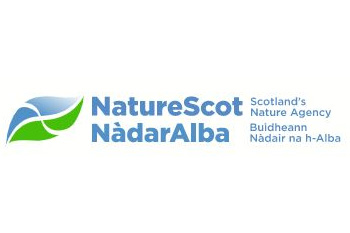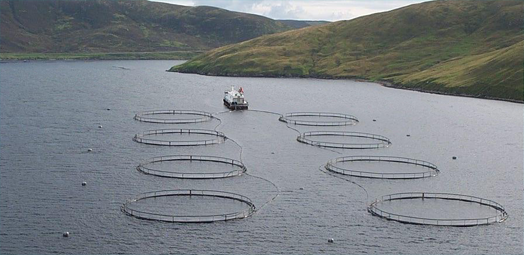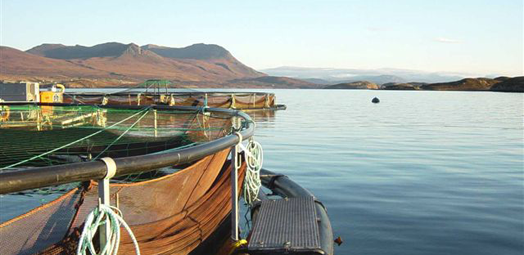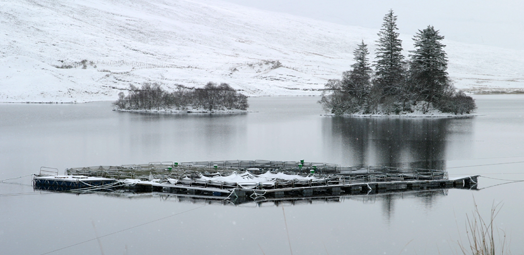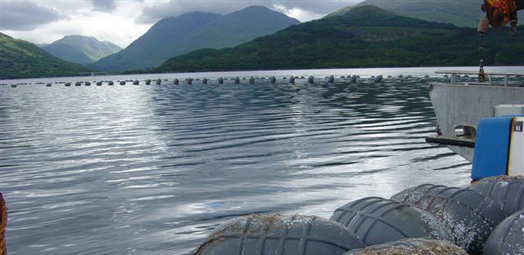Welcome to Scotland's aquaculture
Aquaculture is an industry of growing importance in Scotland providing valuable jobs and income for the economy.
The Scottish aquaculture industry is regulated with a view to promoting food safety, compliance with legislation and sustainability. Information can be found by looking at the map or by searching the data. We hope that you find this a useful source of information. If you have a question or feedback about this website you can contact us.
About aquaculture
Aquaculture is a growing and increasingly important food production industry to Scotland. It helps to underpin sustainable economic growth in rural and coastal communities particularly in the Highlands and Islands with many depending on the employment and revenue it provides.
Our partners
This website has been designed and developed in partnership by the following organisations to provide a single point of access to aquaculture information held by the main regulators of the Scottish aquaculture industry. Read more about our partners.
